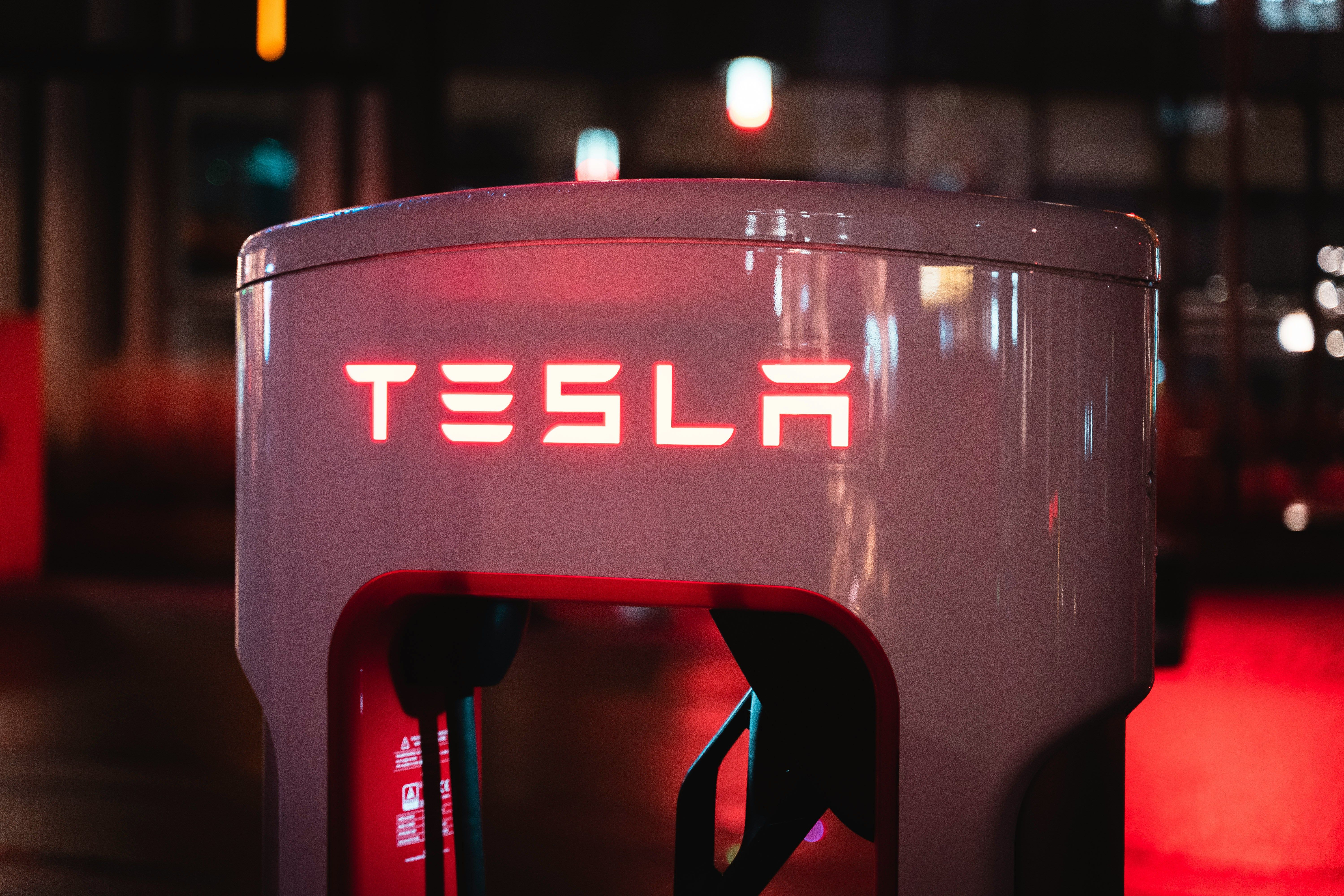Tesla has issued a recall for all its Cybertruck models due to a critical fault in the vehicle's pedals, triggering safety alarms across its customer base. This recall impacts 3,878 Cybertrucks, covering every unit manufactured from November 13th of last year until April 4th. The flaw involves the accelerator pedal, where the pad can disengage and become lodged in the trim above, significantly hindering its functionality. This defect raises the potential for unintended acceleration, increasing the risk of accidents and raising serious safety concerns. The urgency of the situation is mirrored in the swift actions by the National Highway Traffic Safety Administration (NHTSA), which promptly mandated the recall. The nature of this pedal defect not only poses an immediate threat to driver safety but also marks a massive setback for Tesla's much-anticipated electric truck.
The Cybertrucks Recall

Image by Kai from Pixabay
Scope and Extent of Recall
The recall of Tesla's Cybertruck encompasses a total of 3,878 vehicles, targeting all units shipped within the specified manufacturing period from November 13 of the previous year to April 4. This action comes as a response to the pressing issue with the accelerator pedal, which posed a significant safety risk, potentially increasing the chances of a crash. The National Highway Traffic Safety Association (NHTSA) has mandated this Cybertrucks recall to prevent any unfortunate incidents, thereby ensuring the safety of both the driver and the public.
Specifics of the Faulty Pedal Issue
The core of the pedal problem lies in the accelerator pad's tendency to become dislodged and subsequently become trapped in the trim above it. This malfunction can cause the accelerator to stick, compelling the Cybertruck to continue accelerating involuntarily. Such a scenario increases the risk of high-speed collisions. Despite the ability of the braking system to override the stuck accelerator—a safety feature not universally standard in the past—the potential for panic and delayed driver response remains high.
Comparison with Past Vehicle Recalls
Historically, the automotive industry has seen similar recalls, with the 2010 Toyota unintended acceleration case being notably comparable. However, unlike Toyota's scenario, which lacked an immediate brake override system and led to multiple accidents, Tesla's current recall benefits from more advanced safety features that could prevent potential tragedies. Nevertheless, the current issue indicates the continuous risk and challenges inherent in automotive design and production, especially with the integration of new technologies.
Immediate Actions Taken by Tesla

Photo by Paul Steuber on Unsplash
Repair and Replacement Procedures
In response to the identification of the pedal issue, Tesla has promptly initiated procedures to replace or rework the faulty accelerator pedal assemblies. All affected Cybertruck owners are required to bring their vehicles to Tesla's service centers, where necessary adjustments will be made. These actions align with Tesla's commitment to safety and its proactive stance on addressing vehicle malfunctions.
Communication to Cybertruck Owners
Tesla has actively been reaching out to Cybertruck owners about the recall through various communications, including emails and direct notifications. The company aims to ensure that all affected users are fully informed about the nature of the defect, the risks involved, and the necessary steps to rectify the issue. Such communication is critical to ensure compliance with the recall and to expedite the repair processes without undue delay.
Updates to Manufacturing Processes
Following the incident, Tesla is undertaking a thorough review of its manufacturing processes, particularly concerning how components are assembled. The introduction of lubricative agents like soap, initially meant to facilitate the assembly process, has been scrutinized and adjusted to prevent future occurrences of similar issues. Tesla's swift response to incorporate these learnings into their manufacturing process reflects their agile approach to quality control and continuous improvement in production practices.
Tesla’s transparent and responsive handling of the Cybertruck pedal recall demonstrates its dedication to customer safety and its capacity to manage critical situations effectively. However, this incident also acts as a warning, highlighting the complexity and potential risks in automotive manufacturing, especially as vehicles become more technologically advanced. As Tesla moves forward, maintaining rigorous testing and quality assurance will be imperative to uphold safety and consumer trust.
Broader Impacts of the Cybertrucks Recall

Image by Sergei Tokmakov, Esq. https://Terms.Law from Pixabay
Financial Implications for Tesla
The recall of nearly 4,000 Cybertrucks due to faulty pedals poses significant financial implications for Tesla. First and foremost, the cost of recalling and repairing the vehicles is substantial. Every recalled vehicle requires replacement or reworking of the pedal assembly, a process that involves both parts and labor costs. Furthermore, Tesla's stock has already suffered a decline this year, compounded by increased competition and other business challenges. The recall might exacerbate investor concerns, potentially leading to a further decline in stock prices.
Additionally, the timing of this Cybertrucks recall could impact new and ongoing investments in the production lines, as funds may need to be redirected to address the recall and prevent future defects. The broader financial impact might also include compensatory measures for affected consumers, which could range from service discounts to direct compensation, adding to the financial strain on Tesla.
Consumer Trust and Brand Reputation
The recall has struck a serious blow to consumer trust and Tesla's brand reputation, particularly concerning the safety and reliability of their vehicles. Recalls, especially those related to safety as severe as unintended acceleration, can lead to fear, dissatisfaction, and a sense of betrayal among consumers. The Cybertruck's innovative image is tarnished by such functional flaws, potentially deterring new customers and shaking the loyalty of current Tesla enthusiasts.
Historically, vehicle recalls can have long-lasting effects on brand perception. For Tesla, a brand that has positioned itself as a leader in automotive innovation, the repercussions of this recall could hinder its market competitiveness. As competitors continue to emerge in the electric vehicle market, maintaining consumer trust is imperative. Tesla will need to manage this crisis transparently and effectively to rebuild and maintain consumer confidence.
Regulatory and Industry-Wide Repercussions
Beyond Tesla, the Cybertruck pedal recall could have broader implications for the electric vehicle industry and automotive regulation. Regulatory bodies like the National Highway Traffic Safety Administration (NHTSA) may tighten scrutiny on Tesla and potentially on other electric vehicle manufacturers. This increased regulation could lead to more stringent safety protocols and recall responsiveness, possibly affecting the pace of innovation and production timelines across the industry.
Similarly, industry standards could see adjustments to improve safety and assembly line protocols, particularly concerning the introduction of new materials or components like the lubricant involved in Tesla's pedal issue. These changes might increase production costs and extend the time required to bring new vehicles to market.
Moreover, Tesla's pedal recall sets a precedent for other manufacturers employing similar technologies or materials, prompting an industry-wide reevaluation of such practices. The recall might encourage other companies to proactively address potential safety issues to avoid similar fates, contributing to safer, more reliable vehicles in the long run. This event demonstrates the critical importance of rigorous quality control and the potential consequences of its neglect in the rapidly evolving EV market.






